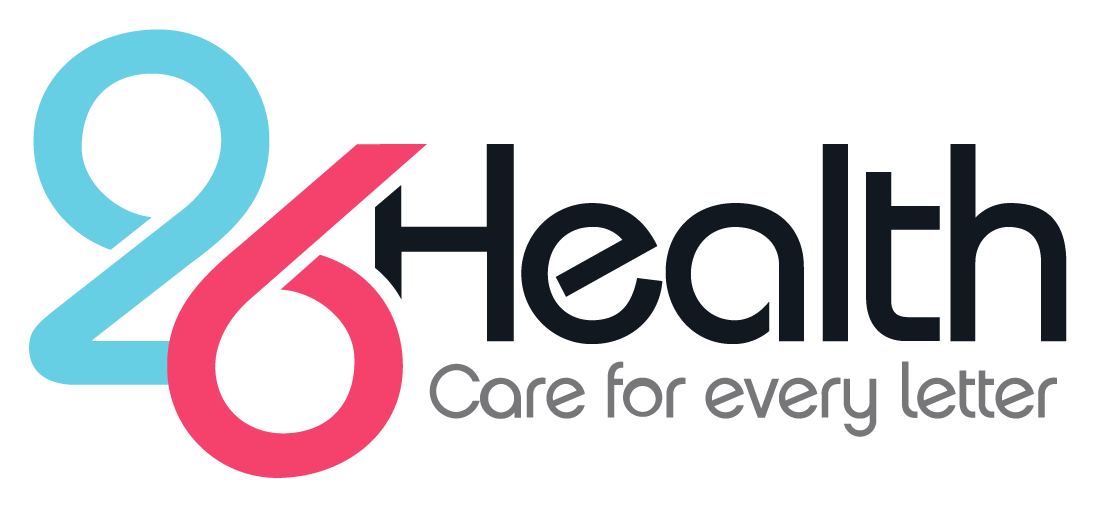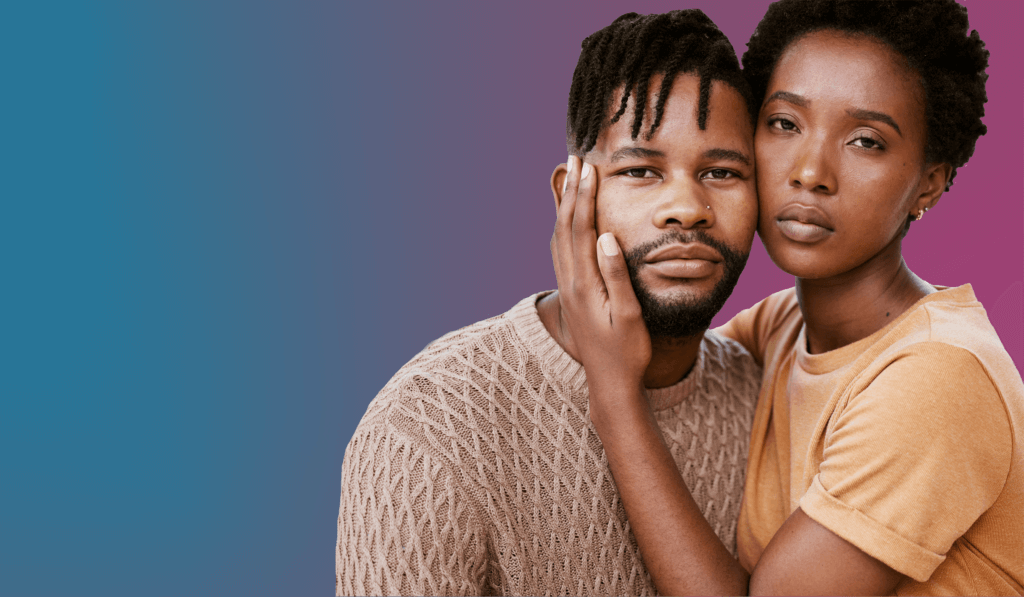In the U.S., we have said goodbye to a lot of things lately. From affirmative action to reproductive autonomy, to gender-affirming care, legal protections for some of our countries’ most vulnerable populations are seemingly being rolled back every day. With these losses comes the undeniable impact on already existing and unacceptable disparities in Communities of Color, especially when it comes to healthcare. Restrictions that affect access to treatment for serious conditions such as heart diseases, pregnancy-related issues, cancer, pneumonia, diabetes, and HIV/AIDS continue to widen the gap in health equity.
It is no coincidence that these challenges are legacies from intergenerational traumas of the past. What troubles my heart is that things aren’t much better today. In fact, I fear they are on track to get worse. People of Color are less likely to receive preventive medical and mental care than their white counterparts. In fact, being Black in most Southern states is equivalent to having three or more comorbid conditions or a pre-mature death. For example, research conducted by Yale University published this year in the Journal of the American Medical Association (JAMA), found 1.63 million excess deaths in the Black population between 1999 and 2020 – representing more than 80 million excess years of potential life lost – compared with white Americans.
As a healthcare and non-profit leader, I can’t help but be concerned that these inequities will only get worse. Especially in the Sunshine State where I work, several laws have recently been passed, which threaten life-saving care or restrict access to lifesaving and life-affirming care, leaving marginalized communities in fear and uncertain about their future.
It defies belief how anyone can justify putting a price on the value of human life and cut them off from life-saving care. Too many lives are being ruined by bigotry and historical misunderstandings which deny access.
Attacks on LGBTQ+ rights through legislation have left LGBTQ+ People of Color in an especially vulnerable state due to interlocking experiences of oppression further introducing barriers to care. Recent studies have also demonstrated the mental health toll of this legislation, with Black or Hispanic LGBTQ+ youth living in states with discriminatory laws found to be more likely to suffer from depression than those living in more affirming states, according to research from the Yale LGBTQ+ Mental Health Initiative recently published in the Journal of Psychopathology and Clinical Science.
Feelings of fear and uncertainty are very real for Floridians, and pre-date this legislation. These emotions are backed up by the very real experiences that Black Floridians experience due to health systems that have ultimately created barriers to care.
For example, between 2017-19, Black women in Florida had an infant mortality rate of 10.8 per 1,000 births, the highest across any racial or ethnic group in the State, according to the National Center for Health Statistics. Additionally, a report from the Florida Department of Health found that, from 2018 to 2020, the stroke death rate for Black Floridians aged 35 and older, the rate was 120 per 100,000, almost 58% higher compared to white Floridians.
While health inequalities have been a collective experience for Black Americans, and the situation continues to be dire, I’m focused on ending this cycle.
At this moment, our clinicians, service providers, counselors and thought leaders are coming together with partners to raise awareness and funding to establishing and very attainable reality – health equity in Florida.
Awareness and partnerships very effective in addressing inequities, but more can be done, and now is the time to double-down in finding solutions.
We need to expand access to care that is inclusive and tailored to the needs of the community. Tied to the expansion of care, health literacy campaigns need to be activated to address issues plaguing that populace and community.
Additionally, access needs to be sustained, by strengthening health care resources. Far too often are marginalized communities faced with the reality that there are little to no options for care where they call home.
It is with the knowledge of our past and the awareness of what needs to happen for what could lie ahead, that we must work together and push for policies that improve, support and protect the future health of Black Americans everywhere. It is worth fighting for.



